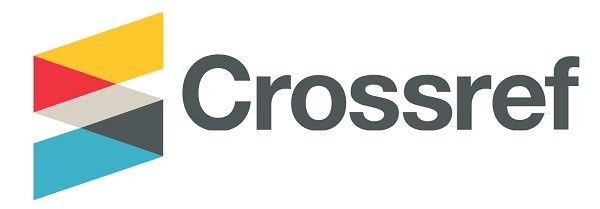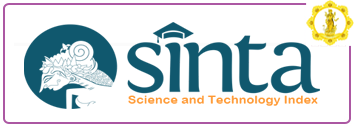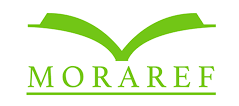Strategi Pengembangan Manajemen Pengelolaan Pusat Kegiatan Belajar Masyarakat (PKBM) di Provinsi Riau
DOI:
https://doi.org/10.25078/jpm.v3i1.96Keywords:
Community Learning Center, Quality, Skill, CapabilityAbstract
Community Learning Center (CLC) is a non-formal education institution that serves as a place and opportunity for the community members to learn. CLC develops as learners’ needs, educational regulations, and general society develop. The implementation of learning activities differs from one CLC to another. The quality also varies between one CLC institution and the next. The quality of human resources in CLC contributes to the quality of the CLC. The key human resource that plays a great role in determining the success or failure of CLC is its manager. Managerial ability of CLC managers is one of the key factors of CLC’s success. To improve the quality of CLC, the quality of its managers has to be improved first. CLC managers have to possess sufficient knowledge, skills, and capabilities to realize the nine characters of CLC set in the Standard and Operational Procedures of CLC. Nowadays, CLC faces several problems in quality improvement: (1) whether or not the developed learning programs are oriented towards the learners and stakeholders; (2) whether or not all stakeholders of CLC are actively involved in the management and development of CLC; (3) whether or not learning implementation and evaluation been performed as required; it is unlikely that CLC will meet the quality standard set by the community without first having a tool to measure its progress and achievement; (4) whether or not all interested parties have strong commitment to quality improvement; and (5) whether or not the improvement and development efforts in CLC management and learning implementation have been continuous and sustainable. One of the quality improvement efforts in CLC is the development of managerial professionalism. The managers of CLC may implement CLC managerial development strategies, which begin with strategic planning. Managerial development strategies include effective and efficient management of resources and the implementation of skill development and public enrichment approaches.
Downloads
References
Combs, P With Ahmed, M. (1974).Attacking Rural Poperty, Baltimore: The John Hopkins University Press. How Non Formal Education can help, Baltimore: John Hopkins University Press
Direktorat Pembinaan Pendidikan Masyarakat Direktorat Jenderal Pendidikan Anak Usia Dini Nonformal Dan Informal Kementerian Pendidikan Dan Kebudayaan. (2012) Standar Dan Prosedur Penyelenggaraan Pusat Kegiatan Belajar Masyarakat (PKBM)
Hiryanto. (2009). Strategi Pengelolaan dan Pengembangan Pusat Kegiatan Belajar Masyarakat (PKBM). Makalah pada Pelatihan Tenaga Pendidik PKBM
Kamil, M. (2009) Pendidikan Nonformal, Pengembangan Melalui Pusat Kegiatan Belajar Masyarakat (Sebuah Pembelajaran dari Jepang). Bandung: Alfabeta
Kindervatter, S. (1979) Non-Formal Education, as an Empowering Process, Anhest, Mass: Center for International Education
Sihombing, Umberto. (1999). Pendidikan Luar Sekolah, Kini dan Masa Depan: Konsep, Kiat dan Pelaksanaan. Jakarta: PD Mahkota.
Sudjana, (1991) Pendidikan Luar Sekolah, Wawasan, Sejarah, Perkembangan Falsafah dan TeoriPendukung. Bandung: Nusantara Press.
Sudjana, (2010) Pendidikan Nonformal, Wawasan Sejarah Perkembangan Filsafat Teori Pendukung Asas, Bandung: Falah Production.
Suryono, Y (2007). Peningkatan Kemampuan Pusat Kegiatan Belajar Masyarakat (PKBM). Yogyakarta: UNY Press.









